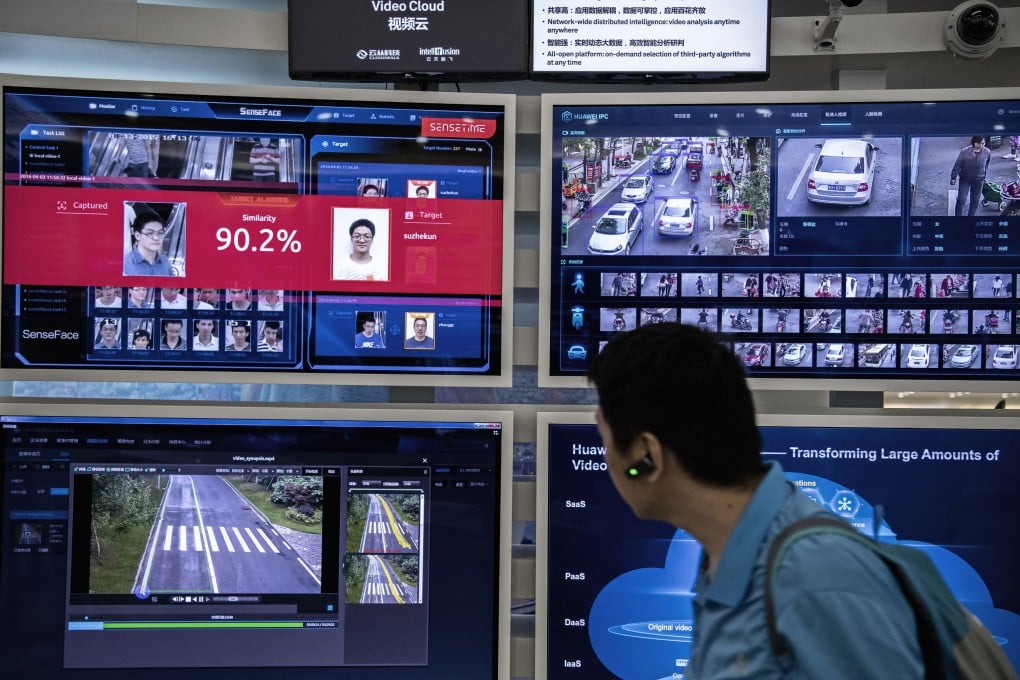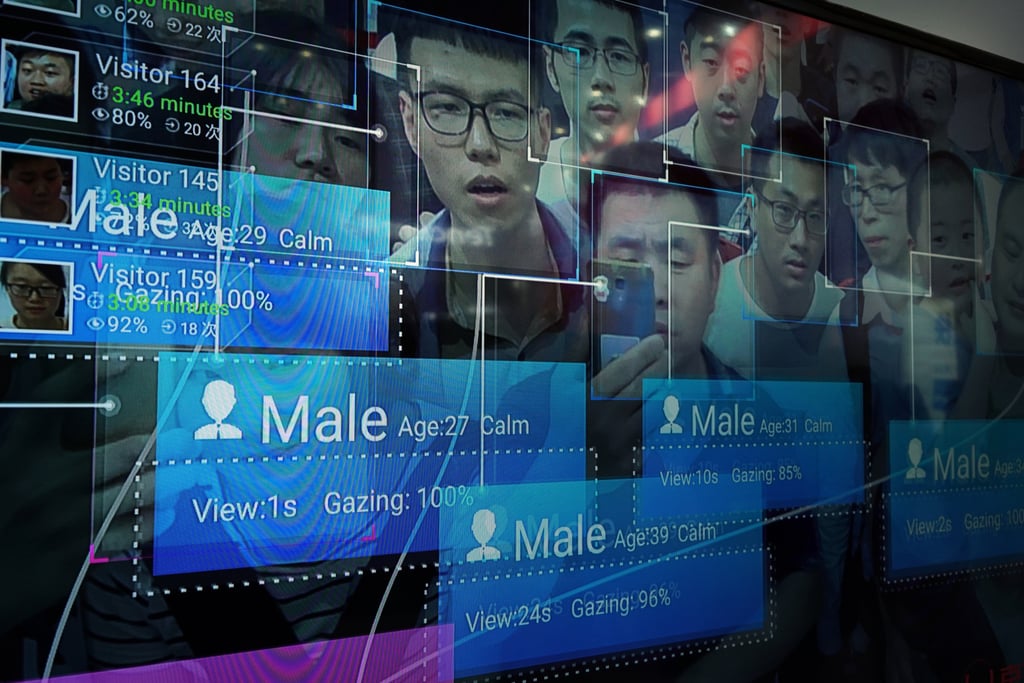Biometric data collection: China is the most invasive user in the world, according to a 96-country study
- Study by a UK-based technology firm ranked 96 countries on how extensively they use biometric data
- China scores worst for biometric data collection and handling, with a lack of safeguards for its use by public authorities and private employers cited

China has been ranked the world’s worst offender for its invasive use of biometric data, according to a study of 96 countries by a UK-based technology firm.
Costa Rica, Iran and the United States were the second, third and fourth worst offenders. African nations including Ethiopia, and European countries Portugal and Ireland had the best practices based on how little data they collected or how strong their rules are for protecting collected data.
The report, titled “Protected: Biometric data: 96 countries ranked by how they’re collecting it and what they’re doing with it”, was released in January by Comparitech. It found China had adopted widespread and invasive use of facial recognition technology.
It also found a lack of privacy safeguards for employees in Chinese workplaces, and noted the introduction of fingerprinting for anyone who entered China.
